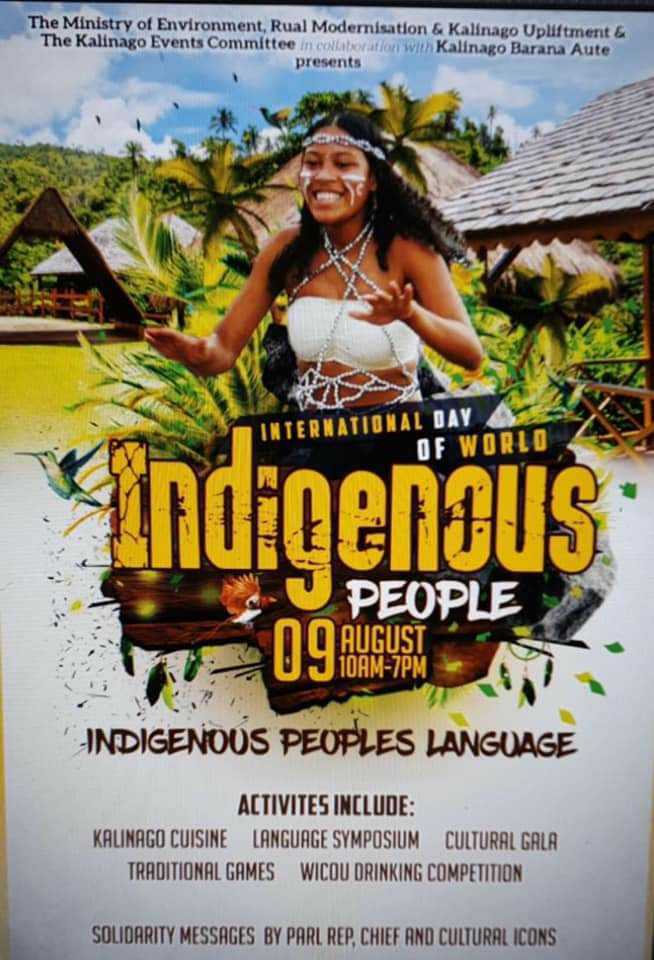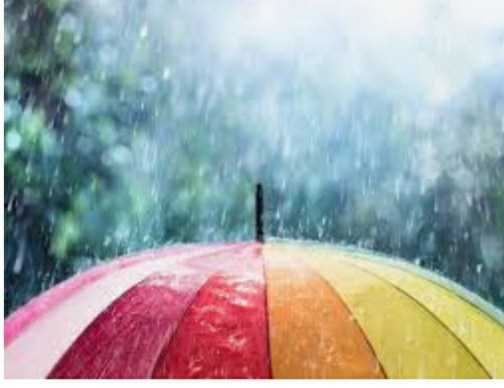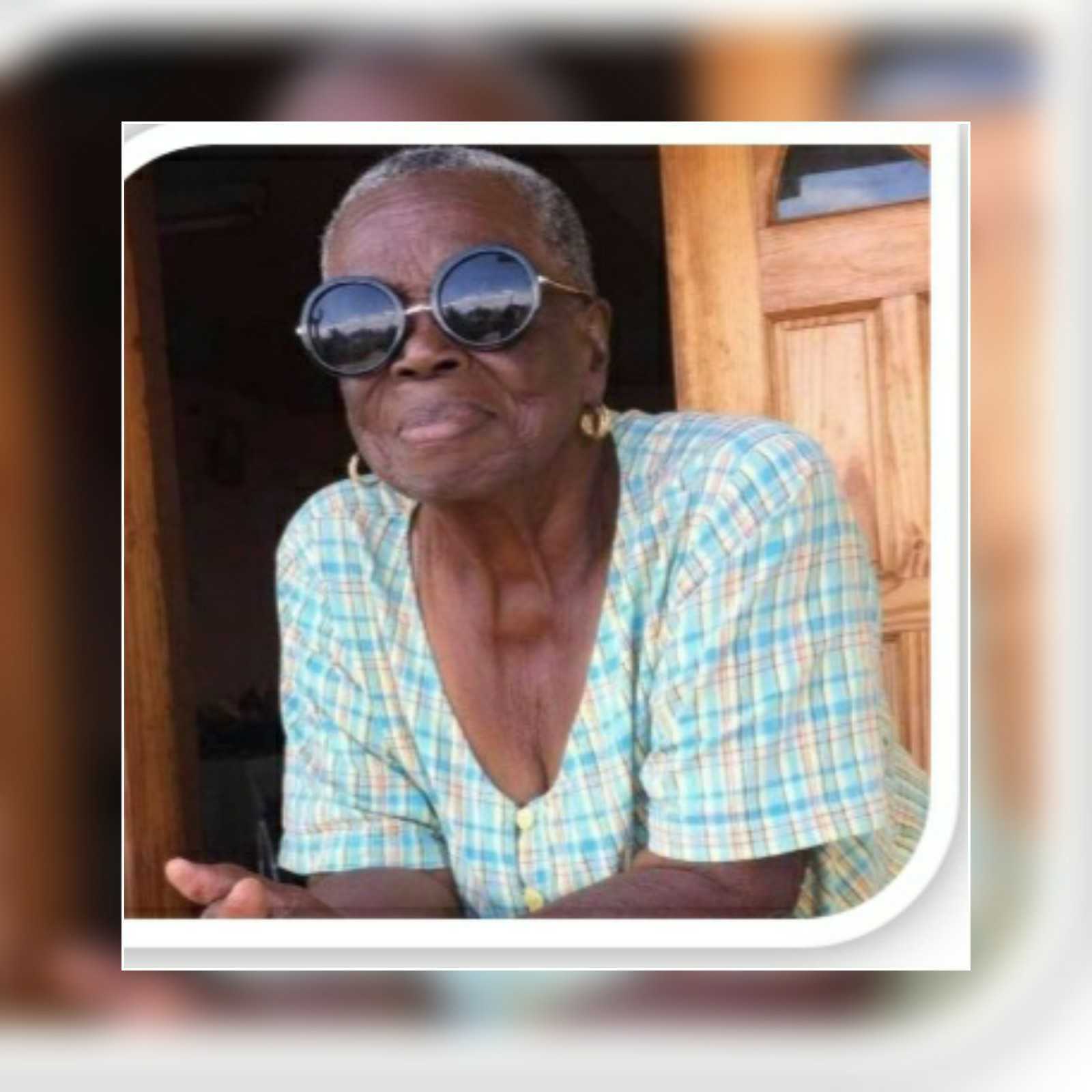
Indigenous People Day Address
In my presentation at the recent Budget debates, I extended an invitation to all citizens to participate in activities on International Day of the World’s Indigenous Peoples 2020. That day reminds the world of the first meeting of the UN Working Group on Indigenous Populations of the Sub-Commission on the Promotion and Protection of Human Rights in 1982, and was first pronounced by the United Nations General Assembly in December 1994,
Since then, it must be said that the day is observed on the 9th August each year.
The purpose of this particular day is to raise awareness and protect the rights of the world’s indigenous population. It must be highlighted that this event also acknowledges the achievements and contributions that indigenous people continue to make to improve world issues like environment protection and human rights.
This year’s activities hosted by the Kalinago Barana Aute is supported wholesomely by the Government of Dominica through a financial contribution, and the support of various ministries. The event is therefore presented by the Ministry of Environment, Rural Modernisation and Kalinago Upliftment in collaboration with the Kalinago Events Committee, and the Kalinago Council. The day’s activities will commence at 10 am with an official program carded for 3pm on Sunday.
The theme is: “COVID-19 and Indigenous Peoples’ Resilience” and so I would like to call on the need for the acknowledgement of the traditional knowledge, voices and wisdom of our Kalinago populace.
The Kalinago Territory like other indigenous communities have faced a host of challenges for decades, however, the Kalinago do not face the same realities of the COVID-19 pandemic which are worsening the situation for our brothers and sisters worldwide. This is not by chance, and is definitely due to the prudent planning and effective administration of policies by the government of which I am proud to be a part.
As a result of progressive governance, the Kalinago of our island have access to all the necessary health care, essential services and sanitation, whereas the same cannot be said about numerous indigenous communities around the world. Compared to many such communities our medical facilities are equipped and staffed, and the Kalinago receive care without discrimination.
Even in the face of the pandemic, it is evident that the traditional lifestyles are a source of all indigenous peoples resiliency, and so we must now readjusted our activities to prevent the spread of the virus. As a result, we have to reconfigure our large gatherings, the sharing of food and beverage and general free spirited entertainment. Nonetheless, we are reassured by the present government’s approach that all will be well due to the very clear protocols given to guide us even as we celebrate our day this year.
We are also fortunate to have the assistance of the government and civil society to provide varying levels of food security while many others loss access to their traditional lands and territories due to the pandemic. This assistance, for the most part, are provided to our women while around the world, the situation of our indigenous sisters gets even grimmer because they are often the main providers of food and nutrition to their families.
While the Kalinago community, as part of the entire nation, continue to benefit from job security afforded by the government, the pandemic will affect the traditional livelihoods of our other indigenous brothers and sisters, who work in traditional occupations and subsistence economies, or in the informal sector, all around the world.
During this COVID-19 pandemic I give a commitment to continue the task of the government in enhancing the quality of life, promoting economic opportunity, and carrying out the responsibility of protecting and improving the trust assets of the indigenous people of Wai’tukubuli (Dominica).






